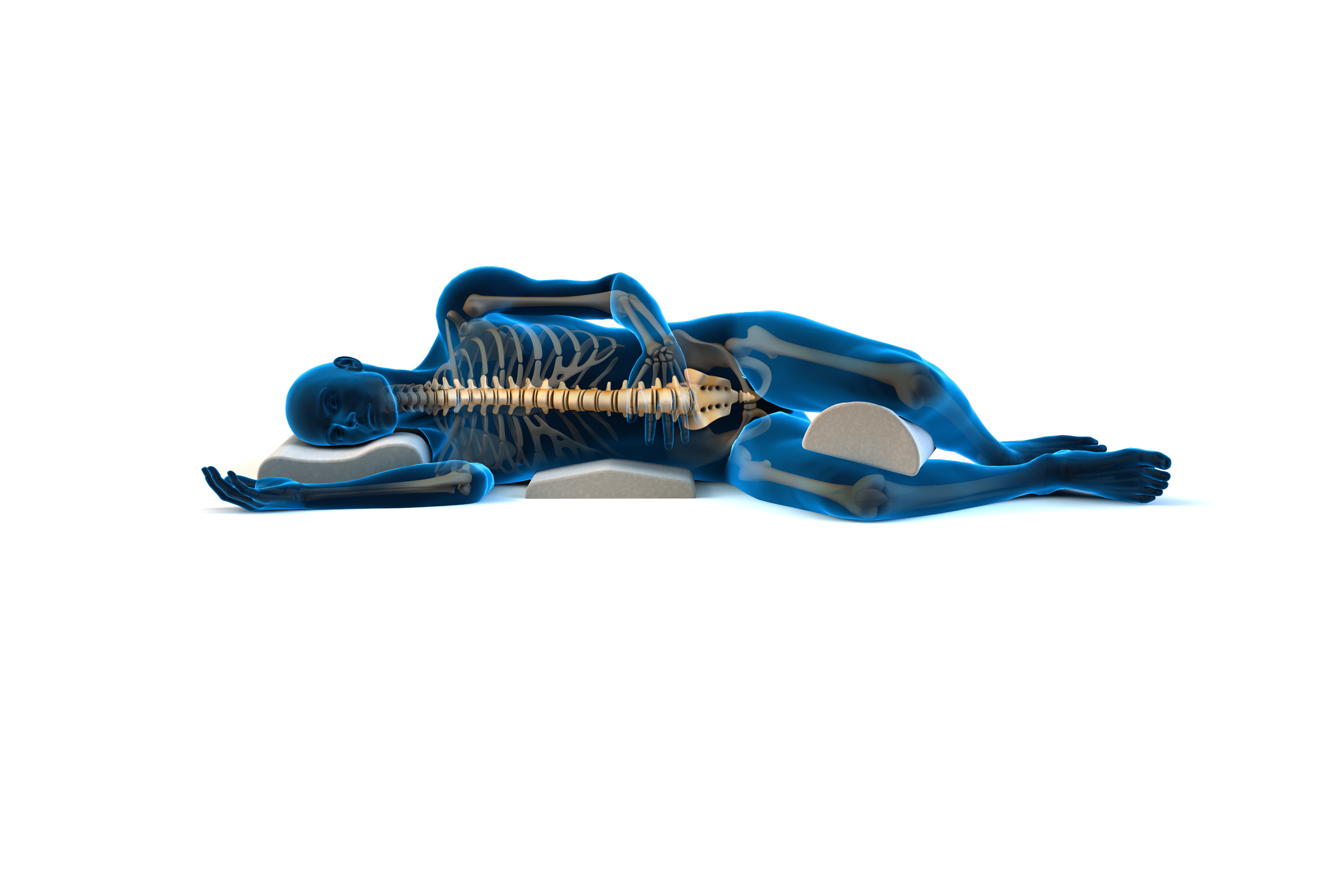I have read several web pages that mention the potential benefits of sleeping without a pillow.
Examples:
http://www.newhealthadvisor.com/Sleeping-Without-a-Pillow.html
Is Sleeping Without a Pillow a Good Choice? Yes, it is. Not only will sleeping with no pillow save your money, but it will also lead to less neck, back, and shoulder pain, higher quality sleep, and even fewer wrinkles! When you were a child, you could fall asleep anywhere without a pillow. The body is resilient and adaptable when we're young. Even as we age, our body, including heads and necks, is able to rest comfortably without the support of a pillow.
http://www.snoringmouthpiece-reviews.com/sleep-without-pillow/
While sleeping with or without a pillow is a personal preference, there are some medical experts that believe there are real benefits of sleeping without a pillow.
- Spinal benefits: Some argue that sleeping without a pillow is the healthiest method of sleeping as it greatly benefits the spine. Sleeping on your back without a pillow allows the spine to rest fully with the natural curves of the body. When you sleep with a thick pillow it can displace the spine.
- Facial benefits: Others argue that sleeping without pillows can help reduce wrinkles and other often considered unappealing facial features. This can be attributed to the fact that the face is not being squished against a pillow.
- Sleep benefits: Some argue that pillows interfere with quality sleep, especially when people use the wrong pillow. Sleeping without a pillow helps ensure quality sleep because the body is allowed to be at a normal level and not elevated like with a pillow.
- Neck benefits: The people that believe sleeping without a pillow is best for you, argue that sleeping with a pillow can be the main source of shoulder and neck pain. It is still good to do stretches and use heat packs, but they say that the best way to alleviate neck pain is to sleep without a pillow.
Is there any scientific study confirming or infirming the claim?

